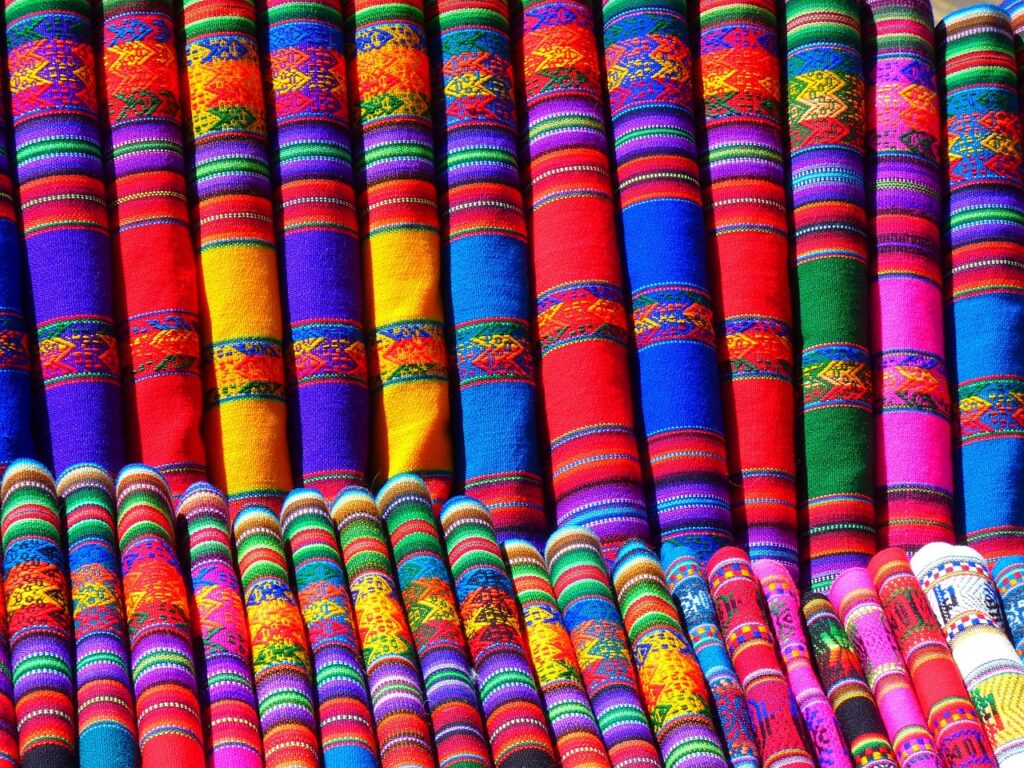The federal government has carried out three actions to strengthen the textile industry in Mexico, increasing investments and jobs.
This Wednesday, at the headquarters of the Ministry of Economy in Mexico City, a business meeting was held in the sector: a B2B between suppliers and buyers.
Textile industry in Mexico
Mexico has promoted a series of actions to reverse the loss of more than 80,000 jobs in this sector in recent years.
The following are the actions of the Mexican government in this regard:
- The first phase was Operation Cleanup, which consisted of the confiscation of products entering the country illegally.
- With phase two, also as part of Operation Cleanup, the cancellation of the IMMEX program for companies that misused it was achieved.
- The third phase is this B2B meeting between buyers and sellers of the textile industry in Mexico.
Business meeting
The B2B meeting was attended by more than 200 Mexican textile industry exporters and producers. More than 100 national and international buyers attended, mainly international. In total, more than 2,500 business meetings were held.
As a result, operations for 55 million dollars were registered.
On May 5, 2025, the Mexican government reported that eight IMMEX companies made illegal imports for 24 billion pesos, and that the Attorney General’s Office (FGR) is already investigating the case.
“A very big effort is being made in customs, we suspended fraudulent companies that make temporary imports that are actually definitive: pure deception,” said Marcelo Ebrard, Secretary of Economy.
In addition, the federal government promoted the substitution of textile imports by registering some 200 local companies, and a 35% tariff was imposed on 138 tariff items as of December 2024.
Through the IMMEX program, exporting companies may import goods on a temporary basis. These products are exempt from the general import tax. In addition, in some cases, antidumping or countervailing duty payments are also eliminated. The goods are then used to manufacture products that are exported. This measure boosts competitiveness and reduces production costs.

